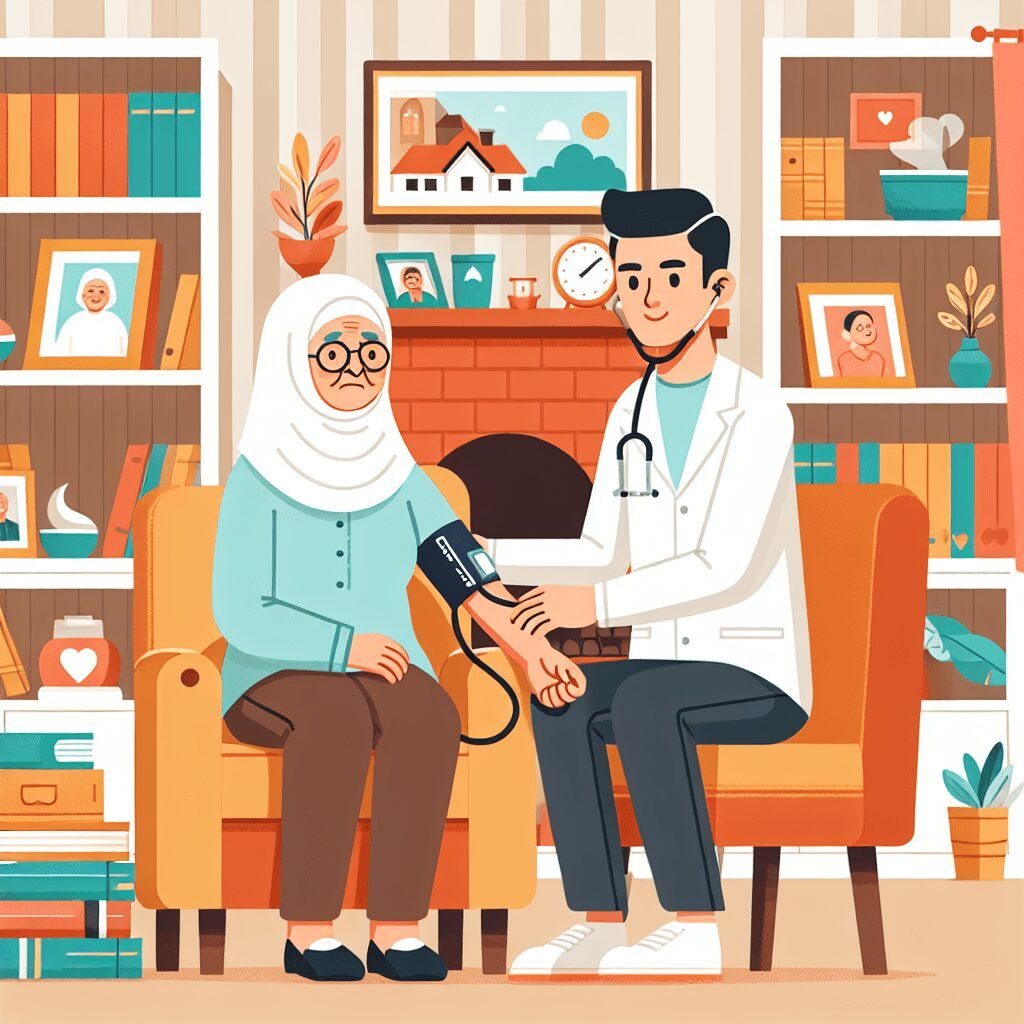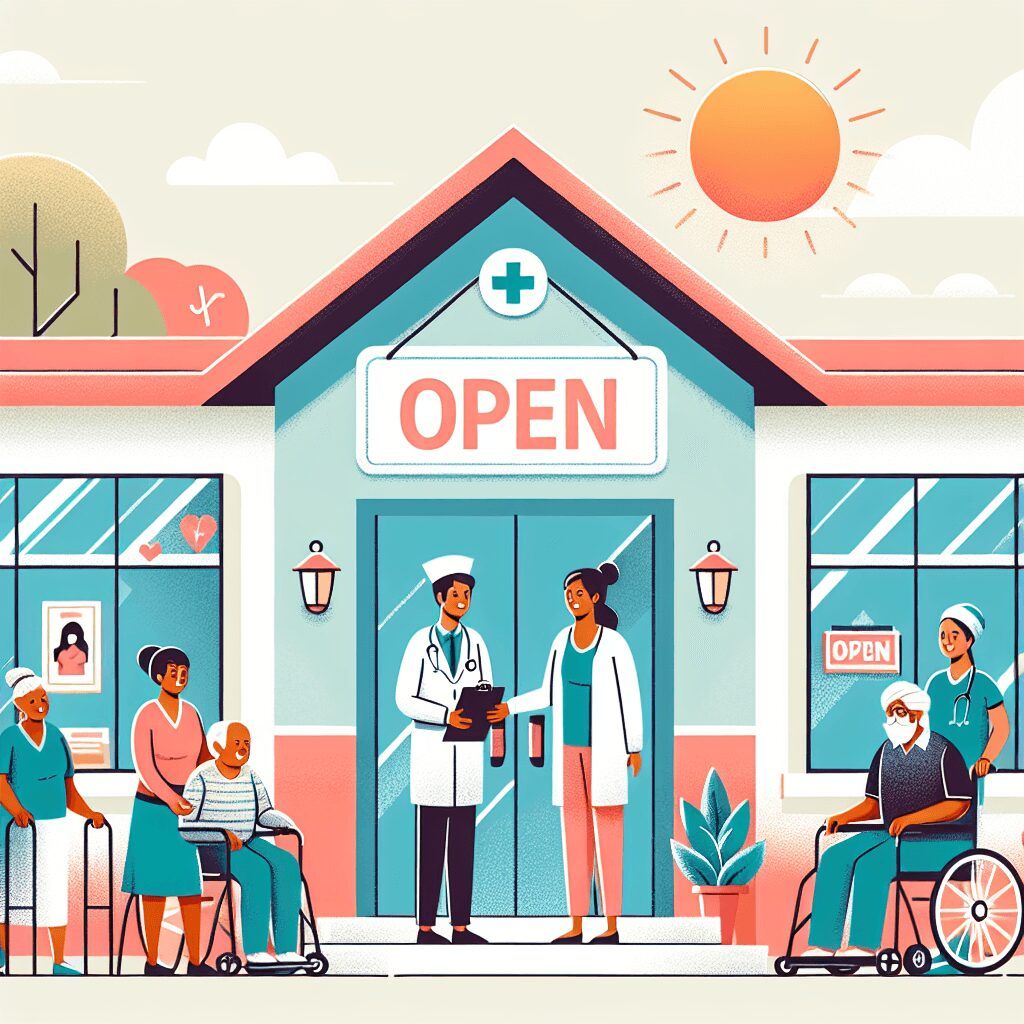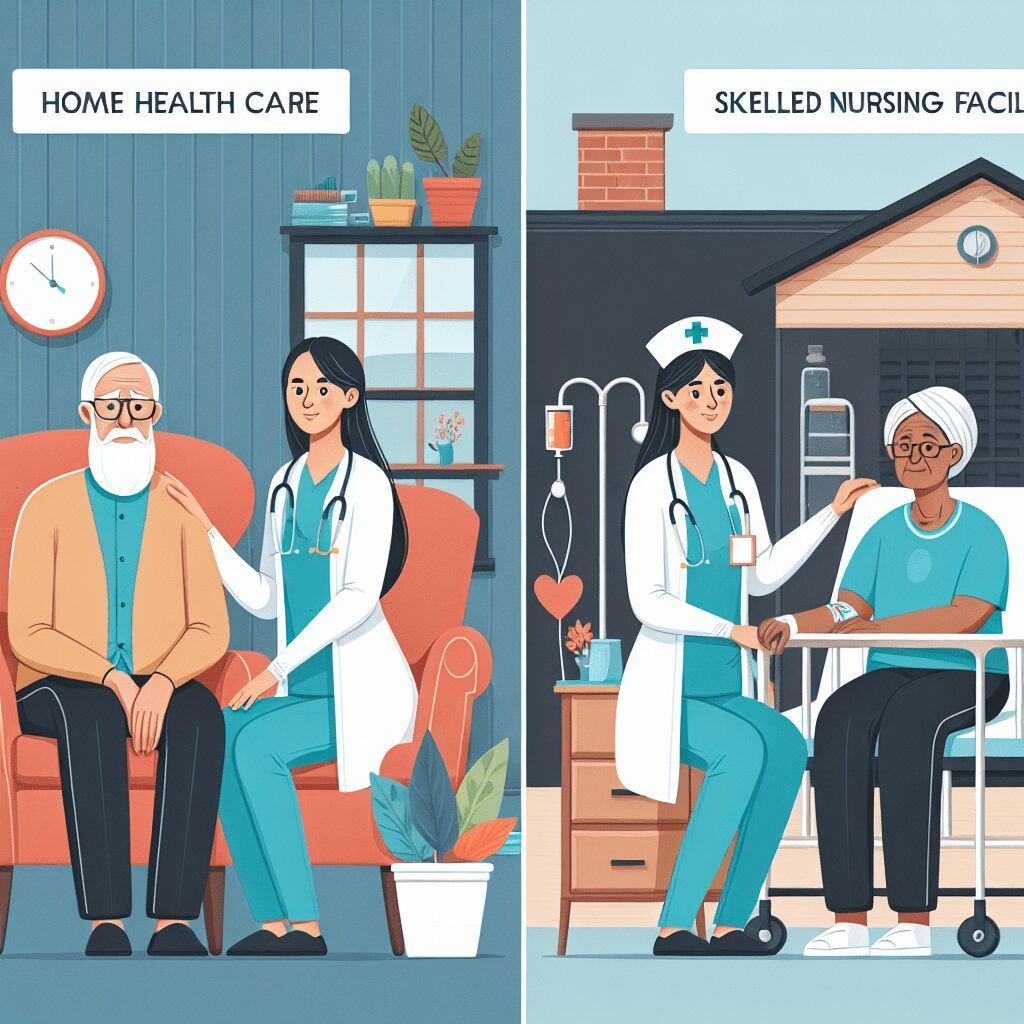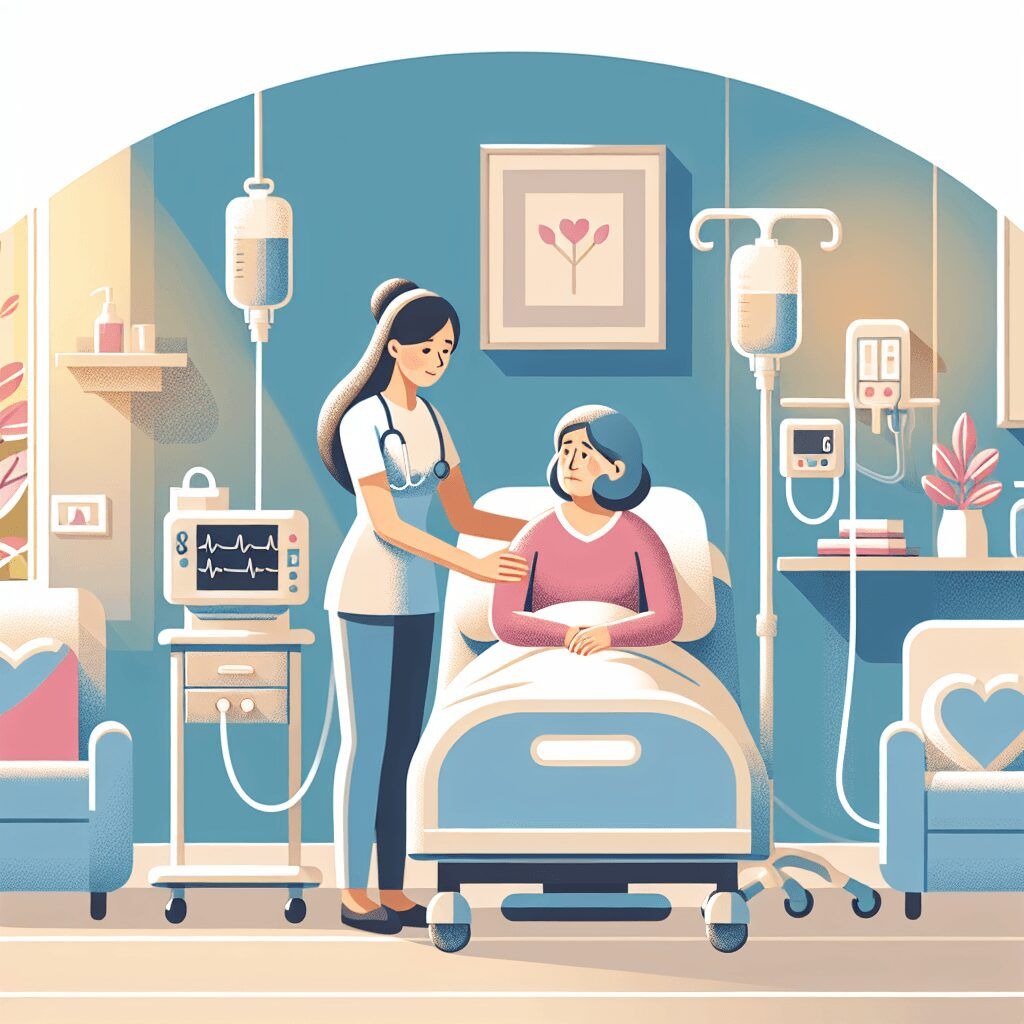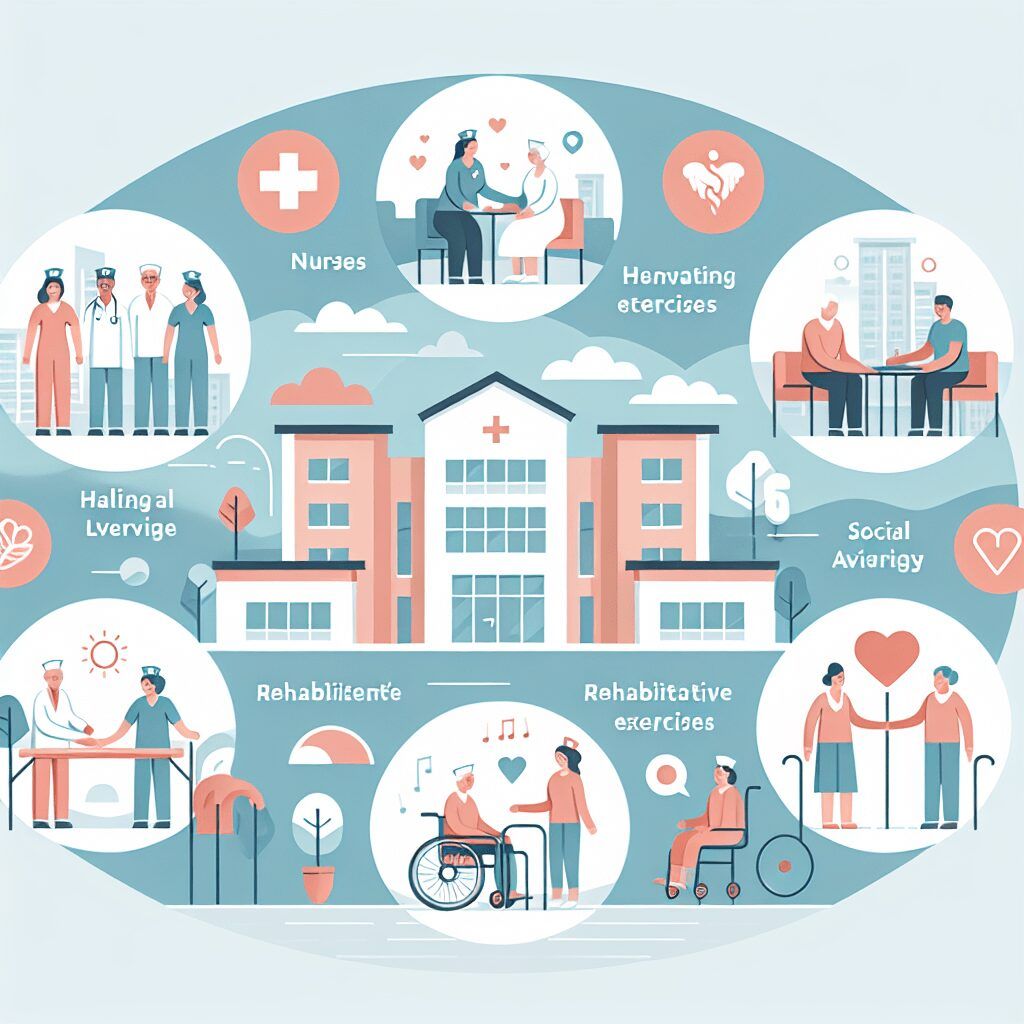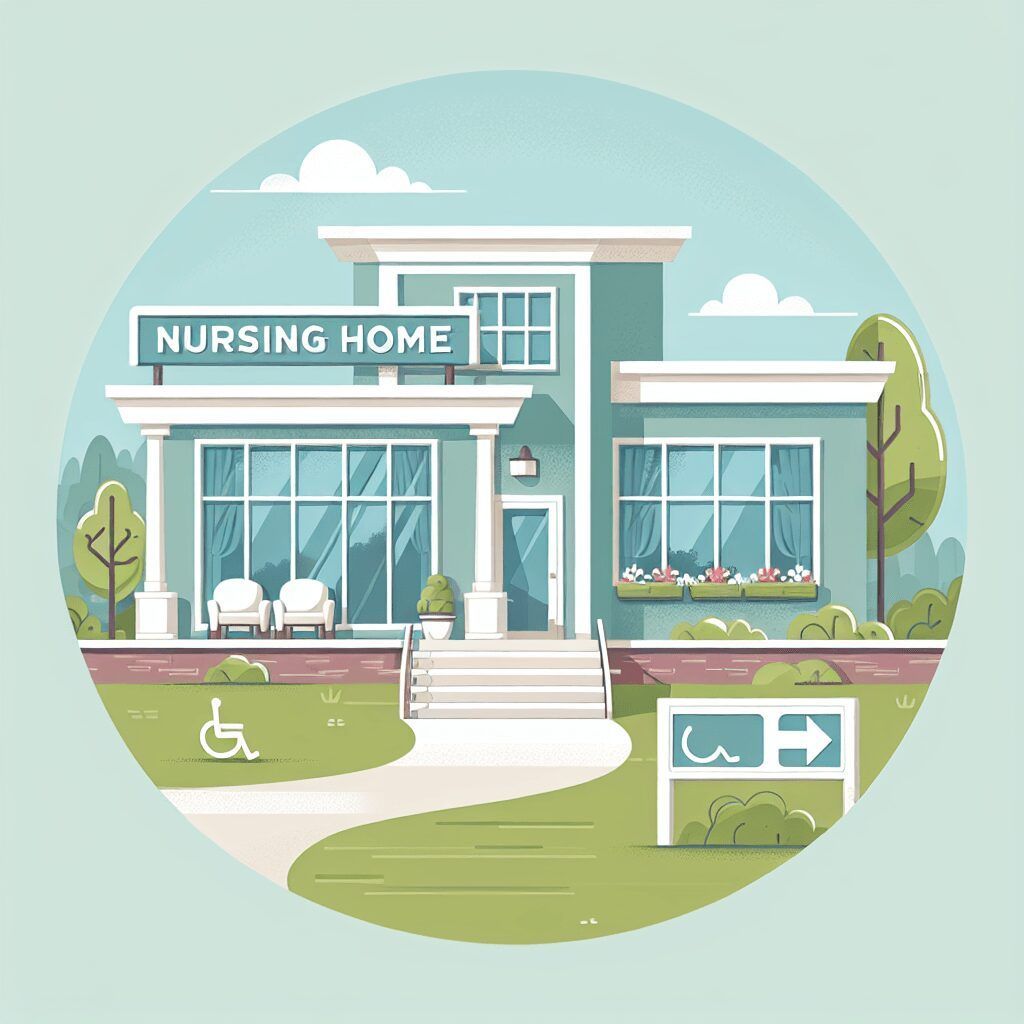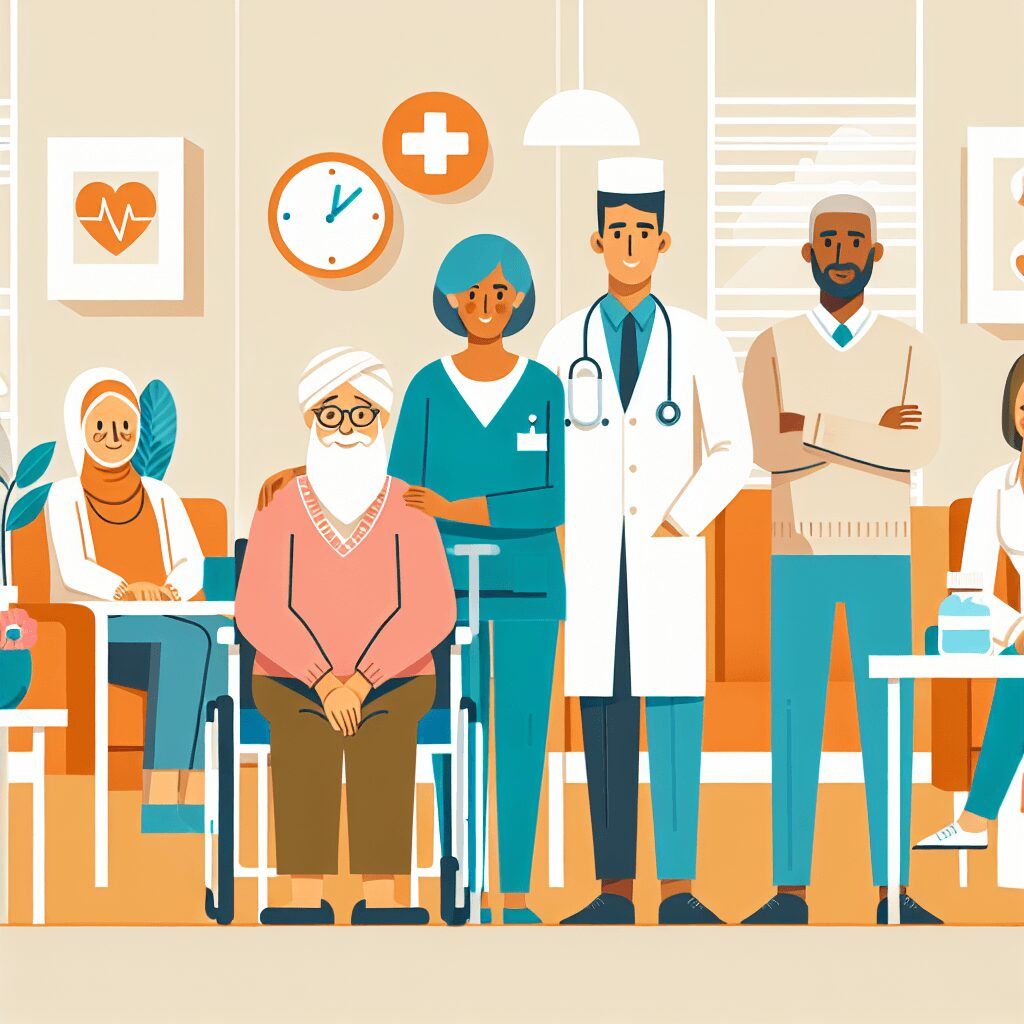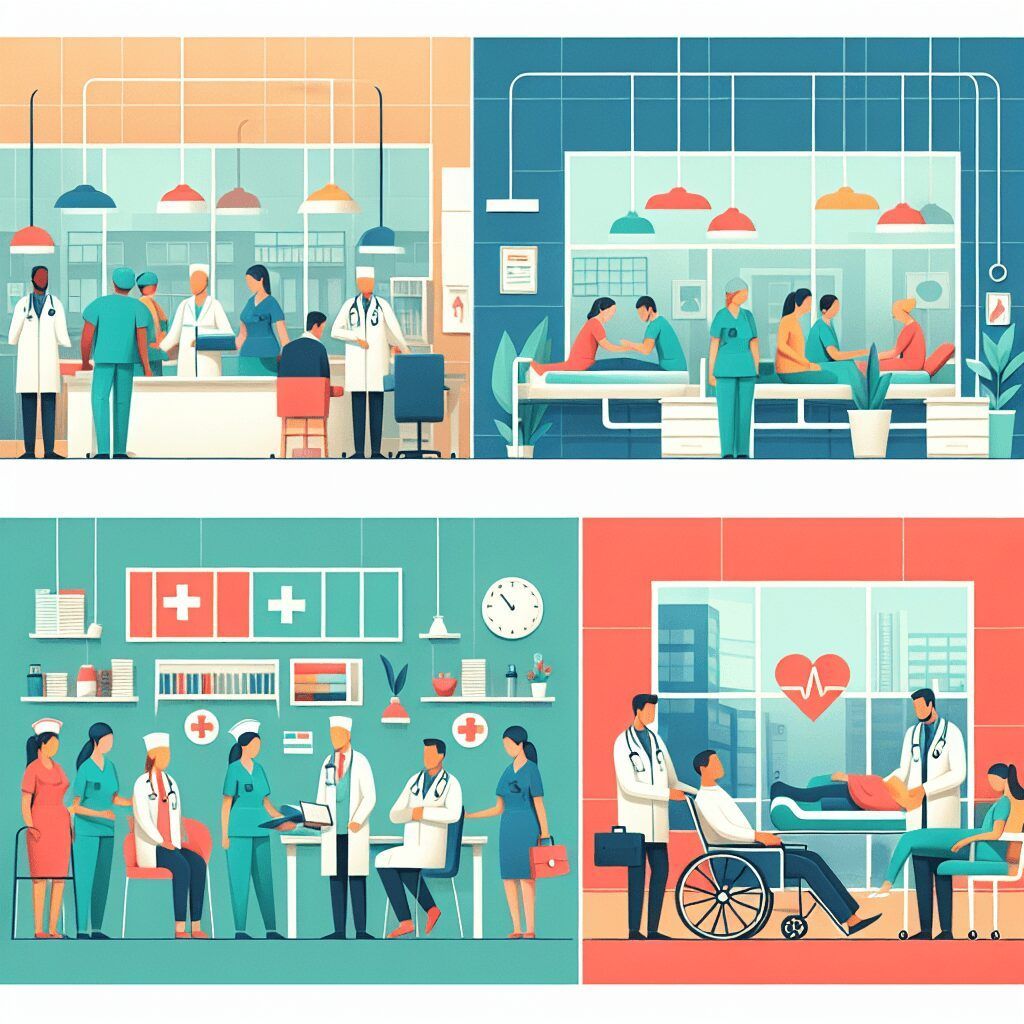Discover the Benefits of a Skilled Nursing Facility
Skilled nursing facilities, or SNFs, offer specialized care after a hospital stay. They provide round-the-clock skilled nursing care, therapy, and speech services.
SNFs aren’t permanent like nursing homes but are crucial for medical treatment and rehabilitation needs.
Explore qualifications, cost coverage, and services offered by SNFs in this detailed guide.
Definition of Skilled Nursing Facility
A skilled nursing facility is a place where trained medical professionals help with rehabilitation and medical treatment. They have licensed nurses, therapists, and specialists like speech pathologists and audiologists.
Patients at skilled nursing facilities get 24-hour assistance with healthcare and daily activities. On the other hand, a nursing home is more of a permanent residence for people needing around-the-clock custodial care.
Types of Care Provided in Skilled Nursing Facilities
Skilled nursing facilities provide a range of services, including:
-
24-hour skilled nursing care
-
Dietary services
-
Social services
-
Pharmaceutical services
-
Access to dental care
They also offer specialized programs like:
-
Physical, occupational, and speech therapies
-
Rehabilitation services like gait and bowel and bladder training
Facilities may have units for dementia residents. They also offer ancillary services such as:
-
Wound care
-
Medication administration
-
Intravenous solutions
Benefits of Skilled Nursing Facilities
Professional Medical Care
Professional medical care in a skilled nursing facility requires advanced training and certifications. The care is provided by licensed health professionals like registered nurses, licensed practical nurses, speech/language pathologists, and physical/occupational therapists.
Skilled nursing facilities ensure continuity and coordination of care through strict certification and licensure requirements regulated by the Department of Public Health and the Centers for Medicare & Medicaid Services (CMS).
In emergencies, these facilities have procedures for acute illnesses, post-surgery recovery, wound care, and speech therapy. Some facilities have specialized units for intensive rehabilitation services, offering 24-hour skilled nursing care, ancillary services, and pharmaceutical support.
Rehabilitation Services
Skilled nursing facilities offer various specialized programs, such as physical, occupational, and speech therapies. They also provide wound care, gait training, and dementia care.
These facilities ensure round-the-clock skilled nursing care and offer services like dietary, pharmaceutical, and recreational therapy. They also provide access to dental care and prioritize rehabilitation services. These services aim to help residents recover and live independently after acute illness or injury.
Residents benefit from skilled nursing care, medical equipment, and ancillary services in a safe environment. They receive guidance from skilled specialists to help them achieve overall health and wellness.
24/7 Supervision and Monitoring
Skilled nursing facilities offer 24/7 supervision and monitoring.
Strict protocols and staff oversight ensure continuous supervision for patient safety, especially for those recovering from illness or surgery.
The facility uses advanced medical equipment to monitor residents all the time, providing comprehensive care and quick responses to any changes in health.
This level of monitoring is crucial for residents needing rehabilitative services or intensive medical attention.
Certification requirements are followed to involve only skilled specialists in the monitoring process.
For residents requiring hospice services, the facility provides interdisciplinary care to address specific needs while maintaining a high standard of care and support.
Specialized Programs and Activities
The skilled nursing facility offers specialized programs and activities for residents. These include dietary services, pharmaceutical services, recreational therapy, dental care, gait training, and access to physical, occupational, and speech therapies.
These programs are personalized to meet residents’ individual medical needs. They focus on rehabilitation after surgery, acute illness, or injury and promote recovery and overall well-being. Hospice services are also available for residents needing end-of-life care.
In-Home Nursing Care: A Personalized Alternative to Nursing Facilities
Nursing facilities provide essential medical care and supervision for individuals who need continuous health support. However, these facilities can be limited by their institutional nature, which may not always cater to the personal preferences and specific needs of each resident. The environment might feel less familiar and comforting, with structured routines and shared spaces that can impact the sense of privacy and independence. Additionally, the standardized care often found in such settings might not offer the level of individualized attention some patients require for their unique health conditions or daily activities.
An appealing alternative is in-home nursing care , which allows patients to receive professional medical services directly in their own homes. By opting for a home health care agency, individuals can benefit from a personalized care plan tailored to their specific medical needs and daily living requirements. This approach ensures that the care provided aligns closely with the patient’s preferences and lifestyle, promoting greater comfort and well-being. In-home nursing care also offers the flexibility to address changes in health status quickly, providing a more adaptable and responsive level of care compared to a nursing facility.
In-home nursing not only supports medical needs but also helps maintain a higher quality of life. Patients can stay in familiar surroundings, maintain their routines, and have more control over their environment. This personalized and comfortable setting can lead to better mental and emotional health, fostering a sense of independence while still accessing the professional care and support they need. For many, this balance between high-quality medical care and the comfort of home makes in-home nursing a preferable choice to traditional nursing facilities.
Quality of Care and Services in In-Home Skilled Nursing
In-home skilled nursing offers superior quality of care and services compared to traditional nursing facilities by delivering personalized medical attention directly to patients in their own homes.
Unlike nursing homes, in-home care provides a familiar, comforting environment tailored to the individual’s daily routines and personal preferences. This approach reduces the stress and disorientation often associated with institutional settings, fostering a more effective and compassionate care experience.
Patients receiving in-home skilled nursing benefit from continuous, one-on-one attention from licensed professionals such as registered nurses, physical therapists, and occupational therapists. This allows for real-time monitoring and rapid adjustments to care plans, ensuring that medical interventions are promptly and effectively administered.
Quality assurance is achieved through rigorous adherence to licensing and certification standards. Each care plan is developed collaboratively and tailored to meet the specific medical and emotional needs of the patient.
In-home skilled nursing prioritizes patient satisfaction and well-being by offering a comprehensive approach to caring for someone. Taking into account all aspects of their well-being – physical, mental, emotional, and social. They can also coordinate with healthcare providers to ensure comprehensive care for patients recovering from surgeries or illnesses.
FAQs
What are the benefits of having in-home skilled nurses available for care?
In-home skilled nurses provide personalized, around-the-clock medical care within the comfort of the patient’s own home. This availability ensures immediate attention to health needs, continuous monitoring of medical conditions, timely medication administration, and swift response to emergencies, all while allowing patients to stay in a familiar environment that promotes comfort and well-being.
How can in-home skilled nursing enhance the quality of life for patients?
In-home skilled nursing provides tailored medical care and support directly at the patient’s residence, promoting independence and well-being while reducing the stress of institutional care.
How does in-home skilled nursing ensure comprehensive care for patients with complex medical needs?
In-home skilled nursing provides comprehensive care for patients with complex medical needs through individualized care plans created by a team of healthcare professionals, including nurses, physical therapists, and occupational therapists. These plans cover services like wound care, medication management, and rehabilitation therapies, all provided within the patient’s home. The personalized nature of in-home care allows for real-time adjustments and a more integrated approach to managing chronic conditions and acute medical needs.
Unlock comprehensive skilled nursing care at ABET Life Home Health & Caregiving. From expert medical assistance to tailored rehabilitation programs, our services enhance your health and well-being. Explore the advantages of professional, compassionate care today!
The post Discover the Benefits of a Skilled Nursing Facility first appeared on Home Health & Care Giving Service in Houston, TX.

Whether dealing with chronic illness or needing help recovering a surgery, ABET Life will support you with our focused care — covered by Medicare or other insurance carriers for qualified patients.
USEFUL LINKS
All Rights Reserved | AbetLife, Inc | Terms of Use | Privacy Policy

